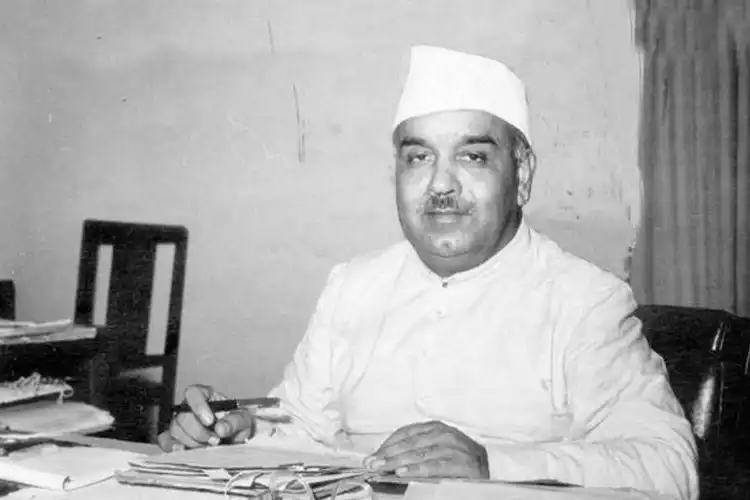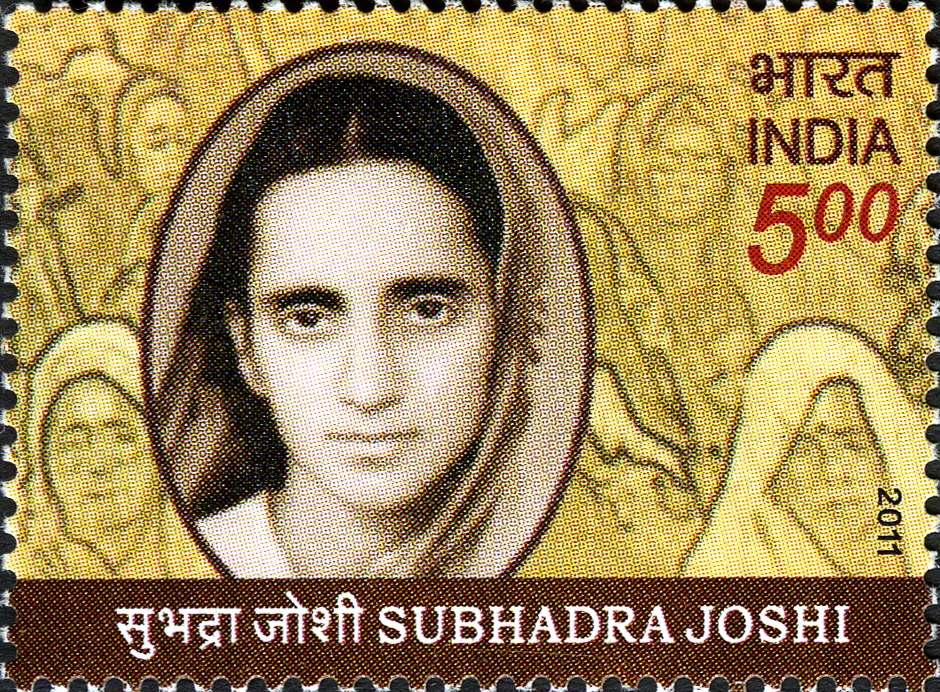Saquib Salim
Rafi Ahmad Kidwai, a member of the Jawahar Lal Nehru’s cabinet, was an epitome of an ideal politician. Since joining the freedom struggle in 1920, Kidwai worked tirelessly towards strengthening the secular and democratic structure of Indian polity. As the home minister of Uttar Pradesh, his role in countering the two-nation theory of the Muslim League and controlling the partition riots is well documented.
Today, when elections have become an expensive proposition, Kidwai’s views are worth recalling. When the first General Elections were called in 1951, all the rich and powerful tried to enter the newly formed government. Lala Yodh Raj, owner of the Punjab National Bank - one of the richest banks in India - applied for a ticket from Congress to contest the election from Delhi. His request was rejected.
A disappointed Yodh Raj later decided to contest from Karnal as a Bharatiya Jana Sangh (BJS) candidate. He had declared that he would be spending a huge amount on the election campaign. Worried about his candidature, Congress workers told Kidwai that it would be difficult to defeat Yodh Raj. They had approached a sugar mill owner to contest against Yodh Raj. However, he didn’t show interest.
Postal Stamp to honor Subhadra Joshi
Kidwai patiently listened to the party activists. He told them that elections should not be about the money that one can spend and asked them to find a candidate with little money. Subhadra Joshi, secretary of Delhi Congress Committee, was handpicked by Kidwai to contest against Yodh Raj. When Joshi was asked to fight elections she wondered how could she contest elections when she didn’t have money to buy a bus ticket to go to the Delhi Railway Station. Rafi remained firm on his decision and gave her 500 Rupees to visit Karnal.
Subhadra later recalled Yodh Raj stopped campaigning before the election day as there was overwhelming support for ‘a poor’ social activist. In the election, Yodh Raj received 28,932 votes against 2,03,588 votes of Subhadra.
Today, when corporate houses and mafia are pumping huge amounts into the elections, we need political leaders like Kidwai who can stand up to this trend.


